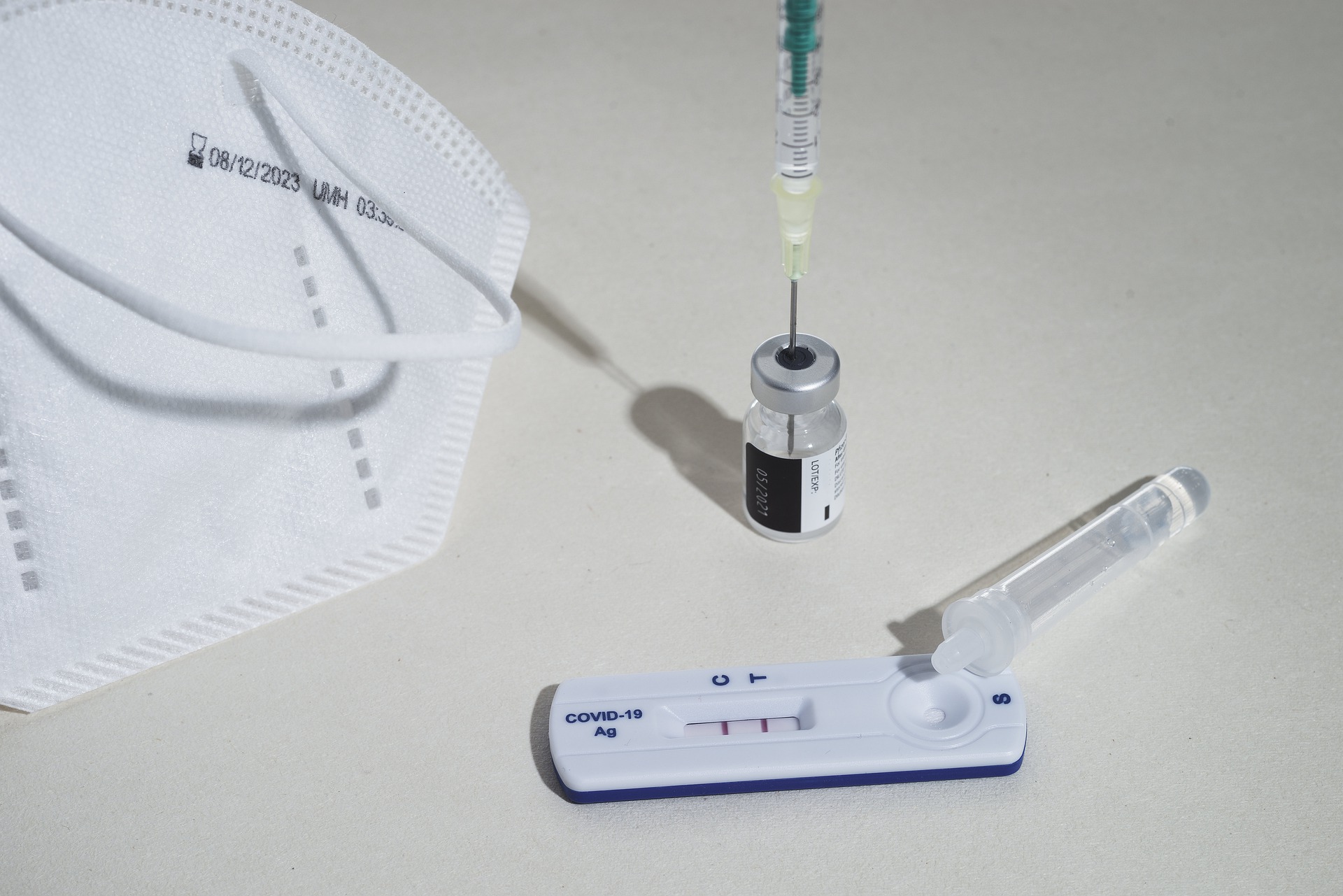An extra 36 million rapid antigen tests have been ordered by the government.
Expected to arrive during February and March, two new distinct tests will mean New Zealand will have access to over 50 million RATs – in total – after the next eight weeks. This is a rise from just 5 million in the country at present.
The SMC asked experts to comment on the news.
Dr Dion O’Neale, Principal Investigator, Te Pūnaha Matatini; and Senior Lecturer, Physics Department, University of Auckland, comments:
“The 36 million extra RATs are going to be a big help for Aotearoa in managing growing Omicron infection numbers.
“Although RATs are not as sensitive as PCR tests, they have the big advantage that they can return a result in minutes rather than days. This is important because it means that it is possible to potentially confirm infections much sooner after exposure, and for people to respond accordingly by self-isolating in order to break any further chains of transmission.
“While RATs lack the sensitivity of PCR tests and can return more false negatives, they are most likely to return correct positive results for infections when people have a higher viral load. This is a pretty good approximation of the time when people are also more infectious, hence it gives us a chance for people to avoid infecting others during that period.
“RATs can return some false positives but this rate is very low. False positives from RATs only become an issue when they are being used in a population with very low prevalence, that is, when we would otherwise expect almost all test results to come back negative. As prevalence (the fraction of the population, or of the people seeking testing) gets higher, then the number of false positives from RATS becomes negligible relative to the number of true positives. Other countries with Omicron outbreaks have seen test positivity rates (the fraction of people who seek a test and return a positive result) of 10 to 20%. At these levels, a positive result from a RAT test is highly unlikely to be a false positive.
“While not free from risk, the use of RATs to allow people to determine that they are likely to be safe to return to work following an exposure, or after infection, will help to keep essential services operating at times when the country has very high infection numbers.
“The short incubation period of Omicron can make it very difficult to confirm cases quickly enough and to get that information to people in time for them to change their behaviour to stop further spread. The much faster information from probable cases being confirmed by positive RAT tests will mean that people can respond sooner by isolating and notifying their own contacts in order to try and further ring-fence onward infections.”
Conflict of interest statement: I, along with others from Te Pūnaha Matatini, am funded by the Department of Prime Minister and Cabinet to provide advice on the COVID response and from a Health Research Council grant to look at equity related to COVID in Aotearoa.
Dr Dianne Sika-Paotonu, Immunologist, Associate Dean (Pacific), Head of University of Otago Wellington Pacific Office, and Senior Lecturer, Pathology & Molecular Medicine, University of Otago Wellington, comments:
“These new rapid antigen tests will be much needed since Omicron is spreading, and there are growing numbers of daily COVID-19 case numbers – today triple digits were reached, likely a mix of Delta and Omicron variant cases.
“It was reported also that a total of 123 million rapid antigen tests have been ordered through to June, to allow for regular and widespread testing to occur, with modelling indicating that approximately 9 million rapid antigen tests per week could be used per week during the peak of the outbreak.
“Accessibility issues will need to be addressed to ensure rapid antigen tests can get to those who need them and that appropriate prioritisation occurs to ensure timely access for people given that the overall staged timing for delivery of these rapid antigen tests will occur over the next months.
“Although it was indicated that most of the rapid antigen tests will support the ‘test to return’ effort for asymptomatic critical workers, again issues with access will need to be worked through to ensure rapid antigen tests can get to those who need them and that appropriate prioritisation occurs to ensure timely access for others as well.
“It is critical we slow down Omicron’s spread throughout our communities for as long as possible and to avoid our hospitals from becoming overwhelmed as they have become in Australia and other countries – it is important also that people get tested quickly and isolate accordingly and follow the appropriate public measures at this time.
“Our communities are still in the process of getting COVID-19 booster shots and our 5-11 year old children, tamariki and tamaiki are getting their paediatric Pfizer COVID-19 vaccines. The strong demand for the paediatric COVID-19 vaccine for children, tamariki and tamaiki aged 5-11 years has been encouraging, however it is concerning that inequities are again evident – vaccination rates with respect to Māori and Pacific children, tamariki and tamaiki are lagging behind those from the general population for this age group. An equity focus that reduces barriers and builds trust, will help everyone get the help and services they need at this time.”
No conflict of interest declared.
